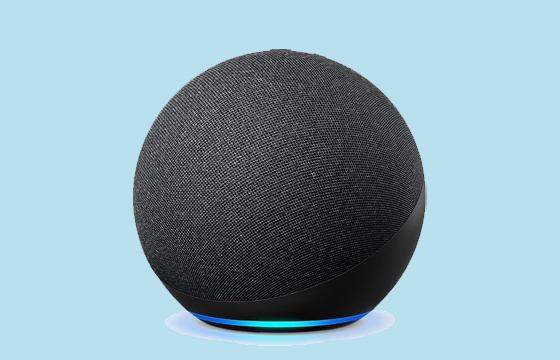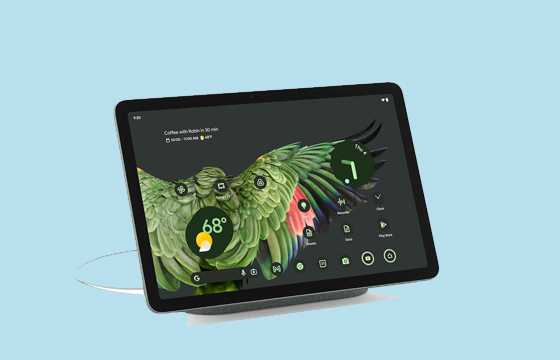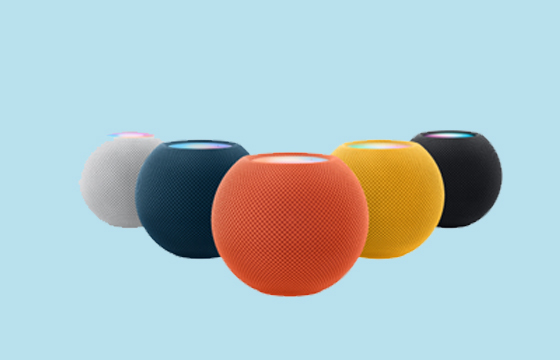Alexa, Siri, or Google? Choosing the Best Smart Assistant in 2025
Digital assistants have transformed over the last ten years from novelty devices to necessary elements of daily life. Voice-activated technology have become ingrained in our daily lives, whether they are used for entertainment, reminders, answering complicated questions, or controlling our smart homes.
The three main contenders in the market—Google's Google Assistant, Apple's Siri, and Amazon's Alexa—are still fighting for supremacy in 2025. Supported by ecosystems that comprise gadgets such as the Amazon Echo Dot, the entire Amazon Echo range, many Apple products, and Google's growing portfolio, which is controlled by the Google Home app, each assistant offers distinct advantages and difficulties.
But which one truly stands out? This in-depth review examines functionality, device compatibility, smart home integration, and overall user experience to help you make the right choice.
RELATED: The Ultimate Smart Home Guide: Is It Worth the Investment?
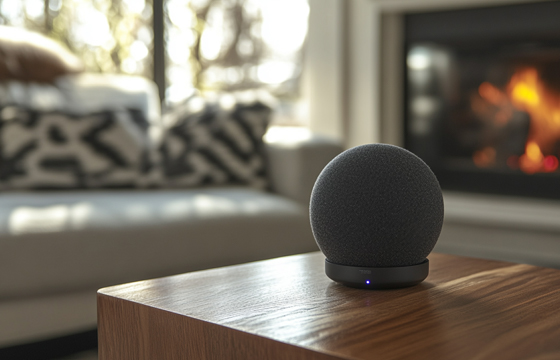
Everywhere are voice assistants—in your smartphone, home speakers, computers, appliances, you name it. They can practically accomplish everything. Care to phone someone? Simply say a verbal command to start the call. Want to play music from your favorite streaming service? Just name it, and they’ll queue it right up—whether it's Spotify or Amazon Prime Music. This onslaught of features has sparked a war that’s been raging for quite some time: Which voice assistant is truly superior?
We understand! Choosing one when there’s so much on the table can trigger serious FOMO. Between Google Assistant, Siri, and Alexa, the competition is fierce—with each platform offering unique strengths and weaknesses. Devices like Apple’s HomePod mini and Amazon’s Echo Studio bring these assistants to life in different ways—whether it’s Siri’s seamless Apple integration or Alexa’s smart home dominance. That’s why we’ve decided to step in and settle the score once and for all. This easy tutorial will show you how these virtual assistants handle real-world tasks.
Get ready for the final battle: Google Assistant vs. Siri vs. Alexa.
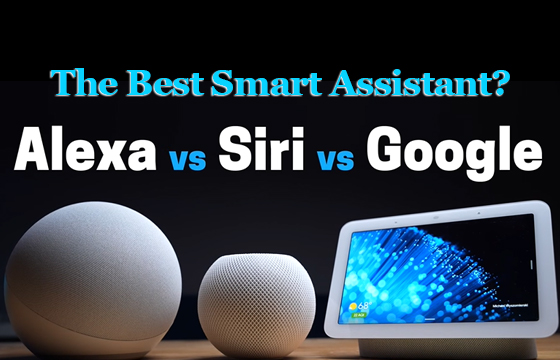
Alexa vs siri vs google assistant comparison 2025
1. Voice Recognition & Communication
Alexa: Customizable Wake Word & Whisper Mode
Among Alexa's greatest characteristics is its capacity to modify the wake word. In contrast to Siri and Google Assistant, which need you to say "Hey Google" or "Hey Siri," Alexa lets you customize (e.g., "Ziggy"). This is especially beneficial if relatives share similar-sounding first names. Alexa's whisper mode also guarantees that replies are sent at a lower volume when required, a function not available on its competitors.
Siri: Consistent Volume Control
Siri offers a unique advantage by always responding at a consistent volume level, regardless of whether your iPhone or HomePod is at maximum volume. This prevents unnecessarily loud responses when music or other audio is playing.
Google Assistant: Superior Conversational AI
Google Assistant excels at understanding natural language and responding to follow-up questions. If you ask Google Assistant a complex question or chain multiple requests together, it handles them with ease, whereas Siri often struggles with multi-command execution.
Winner: Google Assistant – Its ability to handle natural conversations and follow-up queries makes it the most intuitive choice.
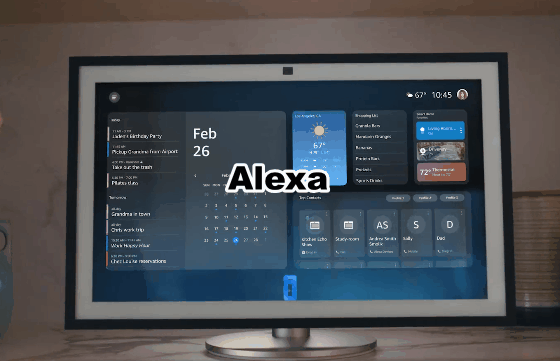
2. Smart Home Integration & Automation
Alexa: Best for Smart Home Automation
Alexa from Amazon is the leader in smart home control because of its broad compatibility with third-party devices. With a single voice command, Alexa's routines let users figure out several things; for example, "Good Night" can lock the doors, lower temperatures, and turn off lights. Alexa's "Drop-In" function also serves as a home intercom by enabling immediate room-to-room conversation.
Siri: Limited but Secure HomeKit Ecosystem
Apple’s HomeKit is known for its strict security standards, making it the preferred choice for privacy-conscious users. However, it supports fewer third-party devices compared to Alexa and Google Assistant.
Google Assistant: Strong Automation & Smart Display Integration
Google Assistant boasts excellent smart home control and integrates seamlessly with Google Nest products. Google’s upcoming scripting editor will further enhance automation capabilities, offering advanced options for users who want granular control over their smart home routines.
Winner: Alexa – The extensive device compatibility and automation features give Alexa an edge over its competitors.
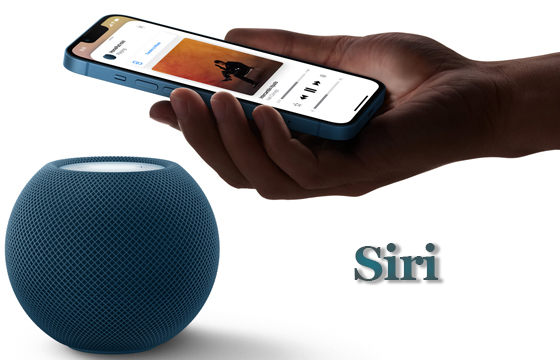
3. Smart Speaker & Display Ecosystem
Alexa: Affordable & Versatile Smart Speakers
Sometimes Amazon reduces the price of its Echo devices, which makes them a reasonable method to add voice help into several rooms. Smart displays like the Echo Show offer more features including video calls and visual controls for smart home devices.
Siri: Limited to Apple’s Ecosystem
While pricey, Apple’s HomePod and HomePod Mini provide great sound. They are also meant only for Apple consumers, hence they lack adaptability in mixed-device homes.
Google Assistant: Best Smart Displays
Google Nest Hub displays provide excellent visuals with intuitive controls. Features like hand gesture recognition for pausing music and setting timers enhance user experience. Google's upcoming tablet that docks into a smart speaker will further strengthen its ecosystem.
Winner: Google Assistant – The combination of advanced smart displays and innovative technology makes Google’s ecosystem the most user-friendly.
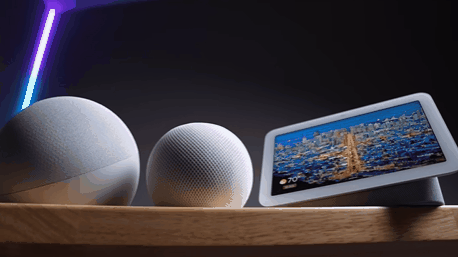
4. Music & Streaming Services Compatibility
Alexa: Best for Multi-Platform Support
Alexa works with streaming music platforms like Amazon Music, Spotify, Apple Music and Pandora.As an customers with varying musicals preferences, this adaptability makes it the perfect choice.
Siri: Best for Apple Users
Siri works well with Apple Music even if it is not totally compatible with third-party services like Spotify. If you are very dedicated to the Apple environment, this might not be a major issue.
Google Assistant: Well-Rounded Compatibility
Google Assistant supports a range of streaming providers such YouTube Music, Spotify, and Pandora, therefore demonstrating well-rounded compatibility. Though its support might not be as broad as Alexa's, it provides a well-rounded experience.
Winner: Alexa – The broadest compatibility with music streaming services makes Alexa the best choice for music lovers.
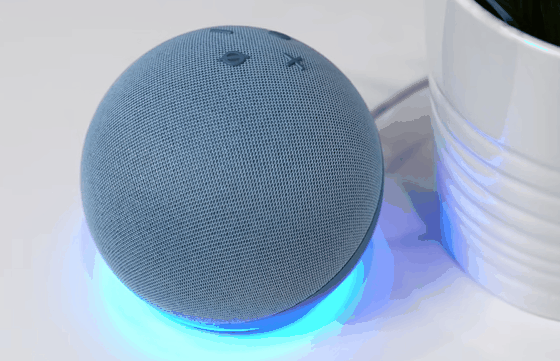
5. Privacy & Data Security
Alexa: Data-Driven but Transparent
To improve Alexa's performance, Amazon gathers a lot of user data. Though, privacy-minded consumers could find this bothersome given Amazon's openness on data use.
Siri: The Most Private Option
Apple gives customer privacy a priority, hence if at all feasible, Siri requests are handled on-device. Apple doesn't sell user data, therefore for those concerned about privacy, it is the best option.
Google Assistant: Balancing Data & Personalization
Google collects data to personalize responses, but it provides users with detailed privacy settings to manage their data.
Winner: Siri – If privacy is your top concern, Siri is the most secure choice.
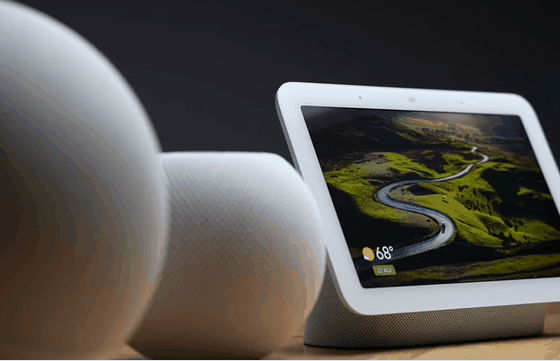
6. Future-Proofing & Longevity
Alexa: Dominant Market Presence
Amazon's continuing major investment in Alexa's development guarantees its relevance for many years. Amazon's sporadic product discontinuance, such as Echo Look, nevertheless, makes one question long-term support for specialized gadgets.
Siri: Apple's Ecosystem Development Commitment
While Apple has been slower in providing new features to Siri, it is meant to develop progressively with iOS upgrades as part of the Apple ecosystem.
Google Assistant: Strong AI Capabilities & Future Innovations
Google’s AI advancements and planned updates, including its new scripting editor, suggest that Google Assistant will continue to improve over time. The integration of AI-driven features makes it a future-proof option.
Winner: Google Assistant – With ongoing AI innovations and smart home advancements, Google Assistant is the most future-proof choice.
| feature | alexa | siri | google_assistant |
|---|---|---|---|
| Voice Recognition & Communication | Customizable wake word, whisper mode | Conisitent volume | Best conversational AI |
| Smart Home Automation | Best compatibility & | Limited but secure | Strong automation & smart displays |
| Smart speakers & Displays | Affordable , versatile | Limited to apple users | best smart displays |
| Music & Streaming | Most platform support | Best for Apple users | Well-rounded compatibility |
| Privacy & Security | Data-driven but transparent | Most private | Balanced data & personalization |
| Future-Proofing | Strong market presence | Slow ecosystem growth | AI-driven innovation |
- Best for Smart Home Automation: Alexa
- Best for Conversational AI & Search: Google Assistant
- Best for Privacy: Siri
- Best for Smart Displays: Google Assistant
- Best for Music Streaming Compatibility: Alexa
Overall Winner: Google Assistant
While Alexa dominates in smart home automation and affordability, and Siri excels in privacy, Google Assistant offers the most well-rounded experience. With superior AI, the best smart displays, and a future-proof ecosystem, Google Assistant takes the crown as the best smart assistant of 2025.
Your specific requirements will determine which intelligent assistant is the most suitable for you. Alexa is the best choice if you place a high emphasis on the automation of your smart home. Apple consumers who are concerned about their privacy will find Siri to be an ideal companion. If, on the other hand, you are looking for the best experience possible altogether, Google Assistant is the best choice.
It doesn't matter which assistant you choose; they all offer incredible ease, and all of them continue to improve with each new edition.
RELATED: Is the Google Ecosystem Truly Worth It or Just a Costly Lock-In? A Deep Dive!
Alexa vs siri vs google assistant 2025
Amazon's Echo speaker (8/10, WIRED Recommends) is a charming ball of sound that offers the same strong bass and broad soundstage as the prior model, but with more room-filling sound than ever before. It readily fills the space with 360-degree sound; you can install it anywhere from kitchens to toilets to even smaller living spaces.
This is excellent for off-axis listening—that is, when you are not sitting squarely in front of the speaker—compared to Google's Nest Audio speaker. Setting kitchen timers and alarm clocks is incredibly easy; Alexa also makes obtaining news and weather updates easy. For when voice-assistant-wary friends and relatives are over, we also appreciate that a physical button allows you to disable the microphones. This is the best you'll find if all you want is a straightforward, audio-focused Alexa speaker that won't annoy or cost much.
Although the basic Echo won't acquire the new Alexa+ assistant option (more on that below) as early as the Echo smart displays, it will lose the privacy function to process requests locally. Every command uttered to Alexa in any Echo speaker, including those not using Alexa+, will be immediately sent to Amazon and processed in the cloud.
While smart displays are excellent in certain areas of the house, such as the kitchen or an entryway, they may otherwise remain underused. The Google Pixel Tablet (7/10, WIRED Recommends) solves that by combining a tablet and a smart display into one practical device. Roughly resembling the Google Nest Hub Max, the 11-inch tablet mounts on the supplied Docking Station to become a smart display; you just pop it off the display to revert it back to a tablet. Correctly removing it from the magnet base could take some practice.
You may choose one of the amusing clock designs or set the display to show your Google Photos by popping it onto the dock to enable Hub Mode on the tablet. Tapping the Google Home symbol on the lock screen will bring up an overlay of your preferred smart home devices, allowing you to manage them and view camera feeds on doorbells and Wi-Fi cameras. Your camera feeds are protected from others if you take the tablet out and about with you since this function is only enabled while docked.
For several other reasons, the Pixel Tablet is now our present preferred smart display. You may rock out in the kitchen or living area since the dock's built-in speakers deliver strong sound with surprisingly good bass. So the entire family can utilize this device without encroaching on one another, there's also multiuser support allowing you to add up to eight accounts, each of which can have custom apps, layouts, and wallpapers all protected by fingerprint.
The Nest Hub Max (8/10, WIRED Recommends) is still a fantastic choice with comparable functionality, a big screen, and rather good speakers given the thin profile if you don't want to spend on acquiring both a tablet and a smart display.
Though it looks nice, Apple's HomePod Mini ($99) (6/10, WIRED Review) shares the same problems as the bigger HomePod speaker (5/10, WIRED Review), including a higher price than most of the rivals and a muddy midrange. Its degree of third-party smart home compatibility is nowhere close to that of Amazon or Google. You ought to acquire a full-size Nest or Echo speaker for the same cost.






